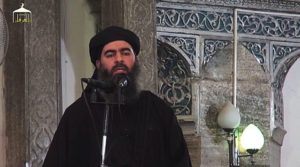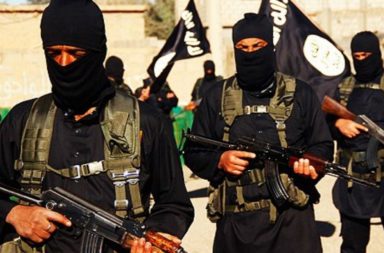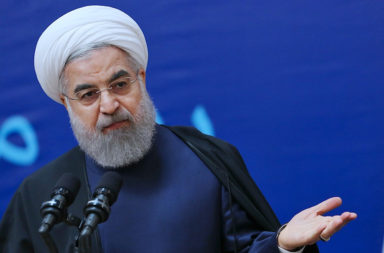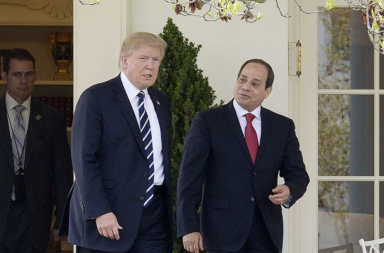The long, messy battle to retake Mosul from the Islamic State (ISIS) is still underway as US-supported Iraqi forces launched an offensive last weekend to seize control of the strategic stronghold for the first time since 2014. With ISIS forces expected to be pushed from their last stronghold in Iraq, why does it hold such strategic importance?
- Mosul is the largest stronghold still held by Islamist forces.
- A strategic, cultural and economic blow to ISIS.
- Can Iraq rebuild?
“The time of victory has come and operations to liberate Mosul have started,” Iraqi Prime Minister al-Abadi announced last weekend.
Planned for months, the Iraqi assault seess US troops playing a supportive role, helping in the distribution of thousands of leaflets warning civilians to stay away from certain areas alongside the message “we will not target civilians”.
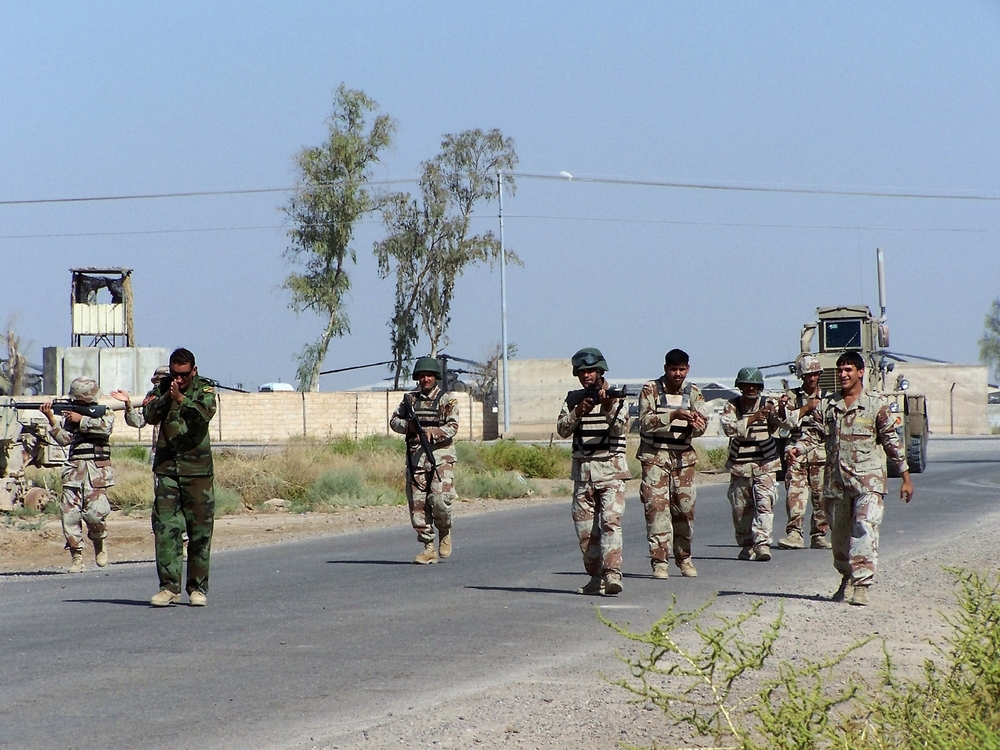
Iraqi forces are attacking ISIS-held Mosul with the aid of the US. Credit: Angela N Perryman/shutterstock.com
The Battle to Finish ISIS in Iraq
Iraqi forces are engaged in a prolonged battle for control in the ancient, dense city that is close to vital oil reserves. Islamic State was thought to have between 3,500 and 5,000 fighters in Mosul, with paramilitary supporters bringing the total to around 7,000. Both the UN and civil rights advocated have voiced their concerns over the battle in a highly populated area and noted Islamic State’s frightening reputation for using civilians as human shields in previous engagements.
The northern city of Mosul occupies a key strategic position close to the boarders of Turkey and Syria. Control of this region would help to hem in and restrict remaining ISIS forces.
The symbolic aspect of retaking Islamic State’s grandest prize should not be understated. Having overwhelmed security forces and claimed power in Mosul, it was from here that Abu Bakr al-Baghdadi first declared the Islamic State caliphate.
The oil fields surrounding Mosul is also a vital resource to hold for both Islamic State and the Iraqi government, providing vital funds and an economic boost to whoever holds them.
Key Facts: Islamic State in Mosul
- Around 1 million people remain in Iraq’s largest metropolis outside of Baghdad. It’s a vital trading city and close to borders with Turkey and Syria.
- The city is sits close to several of Iraq’s most lucrative oil fields and an oil pipeline that services Turkey.
- In an overnight assault on the 10th of June 2014, hundreds of Isis fighters capture key positions within Mosul.
- Almost immediately the radical group begins to destroy Christian and non-Sunni institutions and implement Sharia law.
- The ultra-hardline Islamic State in Iraq suddenly becomes the richest terrorist organisation ever seen by looting 500 billion Iraqi dinars or $429m (£256m) from the central bank in Mosul.
- All 45 Christian churches and cemeteries in Mosul have been destroyed, occupied or converted to mosques.
200,000 Assyrian and 150,000 Yazidi minorities flee the city while thousands are killed. - Numerous reports of public beheadings,the execution of gay men by throwing them from the top of buildings and imprisonment of those who did not grow beards and wear burqas has left a painful scar for the population and led to an exodus.
What next?
The future of Mosul as a city following the offensive is uncertain. As for the future of Islamic State in Iraq, recapturing the city would significantly limit the movement of fighters, weapons and supplies for the terror group in the region.
Securing vital oil fields would bolster the Iraqi economy and hit ISIS’ finances hard by removing a big source of income.
ISIS’ control of Mosul has created a massive refugee crisis, with hundreds of thousands of people having already fled the city.
The fate of remaining religious and ethnic minorities is one of the biggest sources for concern for the United Nations and human rights groups, with many already killed or chased out and sacred sites desecrated.
In many ways the real battle is yet to come, with the tricky task of doling out power in the region still impending.
Having already lost key strategic cities Tikrit and Ramadi, Mosul is ISIS’s last stronghold in the country. In short: liberating Mosul would be the beginning of the end of Islamic State in Iraq.
See previous articles:
Go, Free Mosul from ISIS Devils!
A GRAND DUAL-STRATEGY TO CONTAIN ISIS AND BRING PEACE TO SYRIA AND IRAQ

